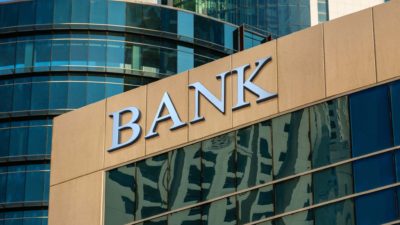Changes to Westpac Banking Corp's (ASX: WBC) lending practices could make it tougher for borrowers to get a mortgage from the big four ASX bank.
The Australian Financial Review reported that after Westpac won the legal case against ASIC, it is now going to make a number of changes to its lending.
Some of the things that Westpac will do is look closer at the household expenditure measure (HEM) and also consider the debt-to-income ratios of higher-risk loans.
The idea is that Westpac will further categorise expenses from 13 groups into 18 groups. It's also going to raise the household expenditure measure (HEM), suggesting that households will be judged as having higher minimum spending levels.
There will be new rules on the treatment of rental income and a dependent will now include people who are older than 18 that are still financially dependent on the potential borrower.
When the total liabilities of the borrower is seven times or higher than total income the application be looked at by a credit assessment officer, the AFR also reported that a new debt-to-income ratio will be looked at for total annual income and most liabilities.
Tax debts will be further scrutinised. If taxes are overdue then the loan will probably not be given. A tax payment plan must be in place if it's necessary.
What effect will this have?
Well I hope it will mean that Westpac's loans are higher-quality and less likely to go bad. Poor lending standards may be profitable in the short-term but when the economy hits a bump it could mean more damage to a loan book.
For prospective borrowers it may mean it's a little tougher to get a loan, although the recent APRA and RBA moves are meant to have made it easier to get a loan, so it's hard to say exactly whether the lending power of borrowers is higher or not right now.
Whatever happens, Westpac thinks it's in the best interests of the bank to do this, so it's probably best to give the benefit of the doubt.
Westpac is currently trading at 12x FY20's estimated earnings with a grossed-up dividend yield of 9.7%. It certainly has the highest dividend yield compared to the other banks at the moment, so it's the obvious pick for income, but I think there are safer options for dividends and growth.







